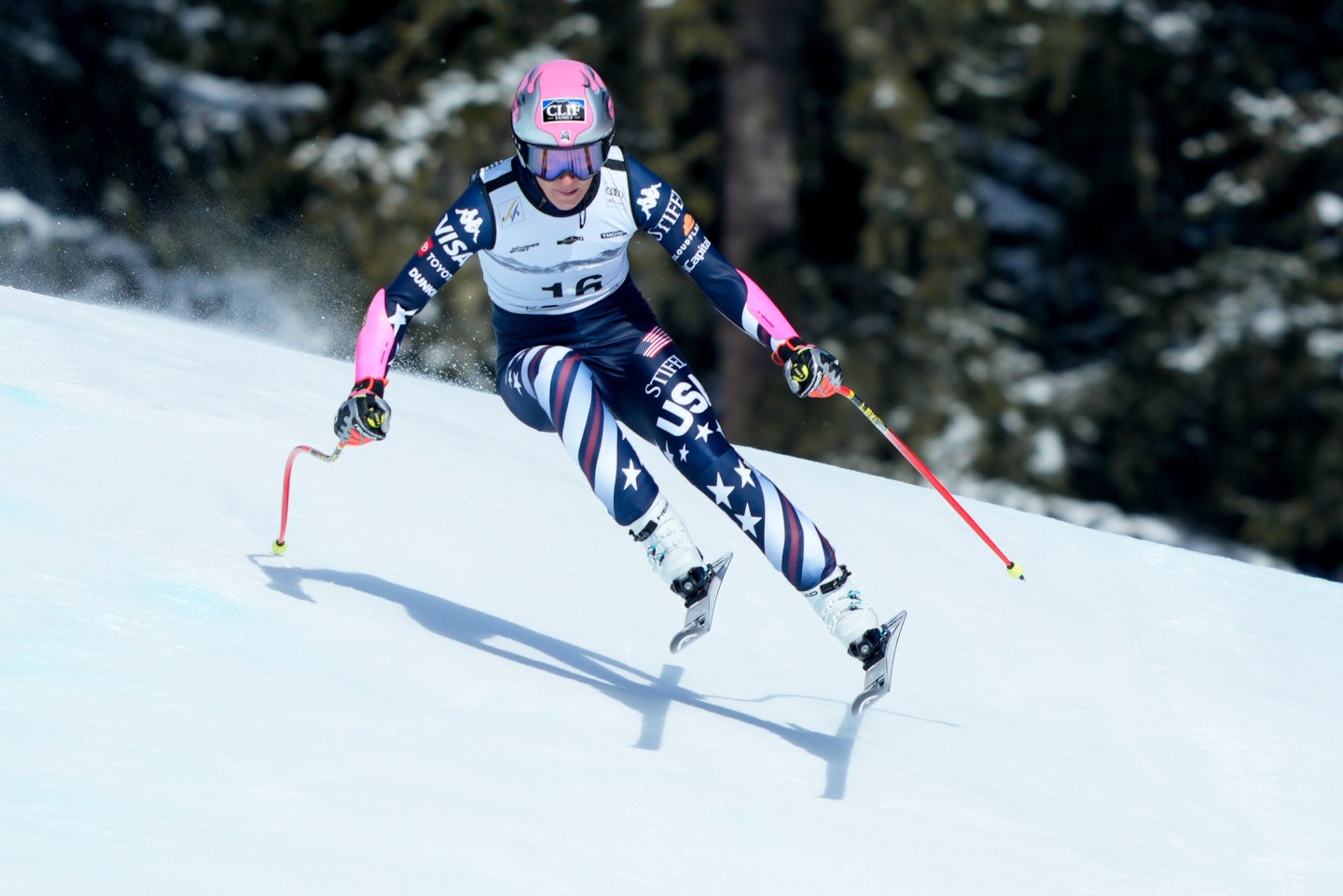After giving a new, highly mutated COVID variant the Greek name Omicron on Friday, the World Health Organization is now working with technical partners to understand how well the world’s current roster of vaccines work against the strain. Omicron’s unusual makeup of mutations—around double the number of mutations seen in the highly contagious Delta variant—suggests the COVID variant could escape the protection offered by the current generation of vaccines, and its emergence in South Africa last week set off a global race among scientists and drugmakers to determine if that is—in fact—the case.
As urgent as that question is, experts are warning they need a few weeks at minimum to fully understand how well vaccines protect against Omicron.
How long will it take to know if today’s vaccines work?
Most scientists agree that it will take at least several weeks to better understand the new variant and what needs to be done to counteract it. “Probably in a few weeks we’ll have a better sense of how much [Omicron] is spreading and how necessary it might be to push forward with a variant vaccine,” said evolutionary biologist Jesse Bloom, from Seattle’s Fred Hutchinson Cancer Research Center, to the New York Times.
German biotechnology firm BioNTech and American pharmaceutical company Pfizer said in a Friday joint statement that the first batch of laboratory test data on Omicron and its interactions with its current vaccines—the top-selling vaccines worldwide—will be available on or before Dec. 10.
The data will indicate whether or not Omicron is an “escape variant that may require an adjustment of our vaccine if [it] spreads globally,” said the statement. BioNTech and Pfizer said that they can adapt their mRNA vaccine within six weeks and begin vaccine rollout within 100 days.
American drugmaker Moderna, for its part, said that it has been working on a strategy to study “variants of concern” since the beginning of the year. The company is “working rapidly to test the ability of the current vaccine dose to neutralize the Omicron variant and data is expected in the coming weeks,” it said in an official statement on Friday.
“The mutations in the Omicron variant are concerning, and for several days, we have been moving as fast as possible to execute our strategy to address this variant,” said Moderna CEO Stéphane Bancel.
How much are the vaccinated protected?
Omicron poses a “significant potential risk to accelerate the waning of natural and vaccine-induced immunity,” Moderna said in the same Friday statement.
Still, the American vaccine maker suggested that current vaccines would have some efficacy. On Sunday, Moderna chief medical officer Paul Burton said on the BBC’s Andrew Marr Show that double- or triple-vaccinated people are protected somewhat against Omicron, but “it depends a little bit on how far out you are from either your initial vaccination or having had a booster.”
Virologist Tony Cunningham from Australia’s Westmead Institute for Medical Research said that scientists would be investigating whether the current vaccines’ protective antibodies are sufficient enough to shield against Omicron, according to ABC Australia.
Cunningham said it appeared that the current vaccines from BioNTech/Pfizer, Moderna, and AstraZeneca should protect those infected with the Omicron variant against severe disease. “It can clearly infect people who are immunized,” he said. “But remember, we only need a small amount of antibody to protect against severe disease.”
How long would it take to reformulate today’s vaccines?
One positive sign that has emerged is the likely ability of the world’s top drugmakers to quickly reformulate and rollout an adapted vaccine to fight Omicron if need be.
Moderna said it is now testing three existing boosters against the Omicron strain and advancing an Omicron-specific booster candidate. The company has “demonstrated the ability to advance new candidates to clinical testing in 60 to 90 days,” it said in the same statement.
Should Moderna need to create a brand-new vaccine booster to specifically target the Omicron variant, the company would be able to roll it out in “early 2022…to be available in large quantities,” Moderna’s Burton said on the BBC’s Andrew Marr Show on Sunday. “[The] remarkable thing about the mRNA vaccines [and] Moderna platform is that we can move very fast.”
In theory, mRNA-based vaccines—such as those from BioNTech/Pfizer and Moderna—can be modified in a short period of time. Pfizer’s vice president and chief scientific officer Philip Dormitzer told The Atlantic in March that the mRNA technology was appealing because of its “great speed and flexibility. You can edit mRNA quickly.” When the COVID-19 pandemic began, Pfizer and BioNTech were able to tweak their flu research and development programs toward the coronavirus: “It was a case of our researchers swapping the flu protein for the coronavirus spike protein. It turned out that it wasn’t that big a leap,” said Dormitzer.
Adenovirus viral vector vaccines like those from Johnson & Johnson (J&J) Janssen and British vaccine maker AstraZeneca would likely need more time to be updated. J&J said it’s testing its vaccine’s strength against the new variant, according to an official statement sent to NPR. Meanwhile, AstraZeneca said it is collecting data in Botswana and Eswatini to better understand the new strain and how it interacts with the firm’s vaccine.
Ultimately, it seems that investors believed that the makers of today’s most widely used vaccines—especially those based on mRNA—would see higher sales because of the new Omicron variant. At the close of trading on Friday, shares of BioNTech surged 14%, while Pfizer stock climbed 6%. Moderna shares gained nearly 21%.
Subscribe to Fortune Daily to get essential business stories delivered straight to your inbox each morning.











